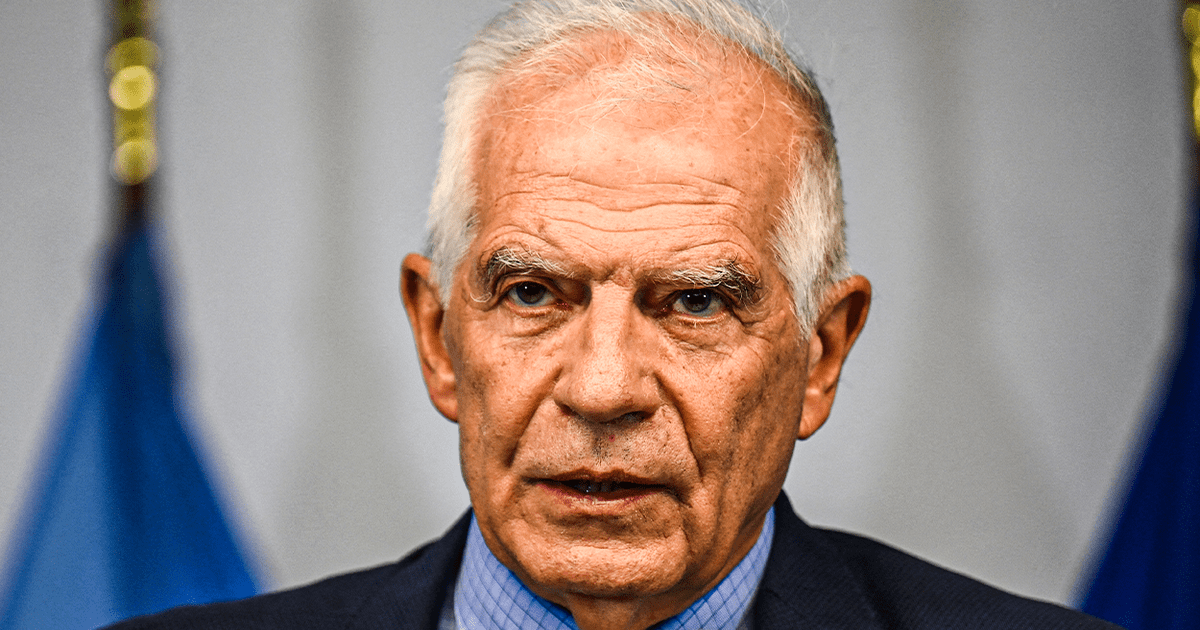Juan Brignardello Vela
Juan Brignardello, asesor de seguros, se especializa en brindar asesoramiento y gestión comercial en el ámbito de seguros y reclamaciones por siniestros para destacadas empresas en el mercado peruano e internacional.




Javier Milei, the president of Argentina, has made the controversial decision to veto the university funding law, a measure that had been supported by Congress just over two weeks ago. This veto is part of his austerity strategy, in which he has declared war on the fiscal deficit and labeled opponents who supported increased funding for higher education as “fiscal degenerates.” This measure comes in a context where university funding has fallen by 30% since January, generating significant discontent within the educational community. Although Milei has proclaimed victory after the veto, the opposition is preparing for a new battle. Congress has the constitutional power to overturn the presidential veto, and to do so, it needs to gather two-thirds of the votes from those present in a session scheduled for October 9. While the government has attempted to undermine the opposition's chances, it appears they are very close to achieving the necessary majority to reverse Milei's decision. The law in question represents a fiscal burden of 0.14% of GDP, a figure the government considers insignificant, but which has led Milei to insist on the need to justify any allocation of state resources. The presidential spokesperson, Manuel Adorni, emphasized in a recent press conference that the budget cannot be compromised without a clear source of funding, and he has opened the possibility of taking the matter to judicial instances if the veto is not successfully defended in Parliament. The challenge for Milei is that he currently lacks the necessary votes to sustain his veto. In the past, he managed to maintain a firm stance thanks to the unexpected collaboration of some deputies from the Unión Cívica Radical (UCR), who changed their support for the law at the last moment. However, this time, the UCR has decided that any decision on the vote within the bloc will be made by majority, further complicating the situation for the president. The opposition is rallying around Peronism, the Coalición Cívica, and part of the UCR, which has historically defended public education. The electoral math does not favor Milei; his party, La Libertad Avanza, holds only 39 of the 257 deputies, while his main opponent, Unión por la Patria, has 99 seats. Milei's chances of blocking the opposition are dwindling due to the lack of strong allies in Congress. Tension is also felt within the Pro party, where former president Mauricio Macri, who previously supported the veto of the pension law without reservation, has not defined his position on the veto of the university law. In this sense, some deputies from Pro have already expressed their intention to reject Milei's decision, which could mean a shift in the balance of power in Congress. The scenario becomes even more complicated in the Senate, where support for Milei is uncertain. Luis Juez, president of the Pro bloc in the Upper House, has stated that he will not support decisions that harm public education, making it clear that Milei's intransigence could lead him to the brink of political disaster. Without the support of the UCR and with a divided Pro, the president faces a monumental challenge in maintaining his stance on the veto. The situation presents a crossroads for Milei's government. On one hand, he needs to demonstrate strength in his fiscal policy, but on the other, he risks further isolating himself from his political allies, who feel dissatisfied with the management of public administration. The response from the university community, which has taken to the streets en masse against the veto, is indicative of the discontent felt in the country towards the government's decisions. With the session on October 9 approaching, the outcome of this controversy has the potential to redefine the political landscape in Argentina. The controversy not only encompasses the educational sphere but also tests the government's ability to maintain the support of its allies and the viability of its economic policies in a context of increasing social mobilization. The battle over the university funding law is just one of many that lie ahead in the Argentine political horizon, and the coming days will be crucial in determining the direction the country will take.
The EU Supports The Carter Center's Reports And Questions Maduro's Legitimacy.

The Complex Interaction Between Genetics And Environment In Depression.

"Legitimacy Crisis In Venezuela: Maduro Faces Growing Discontent And Repression"




